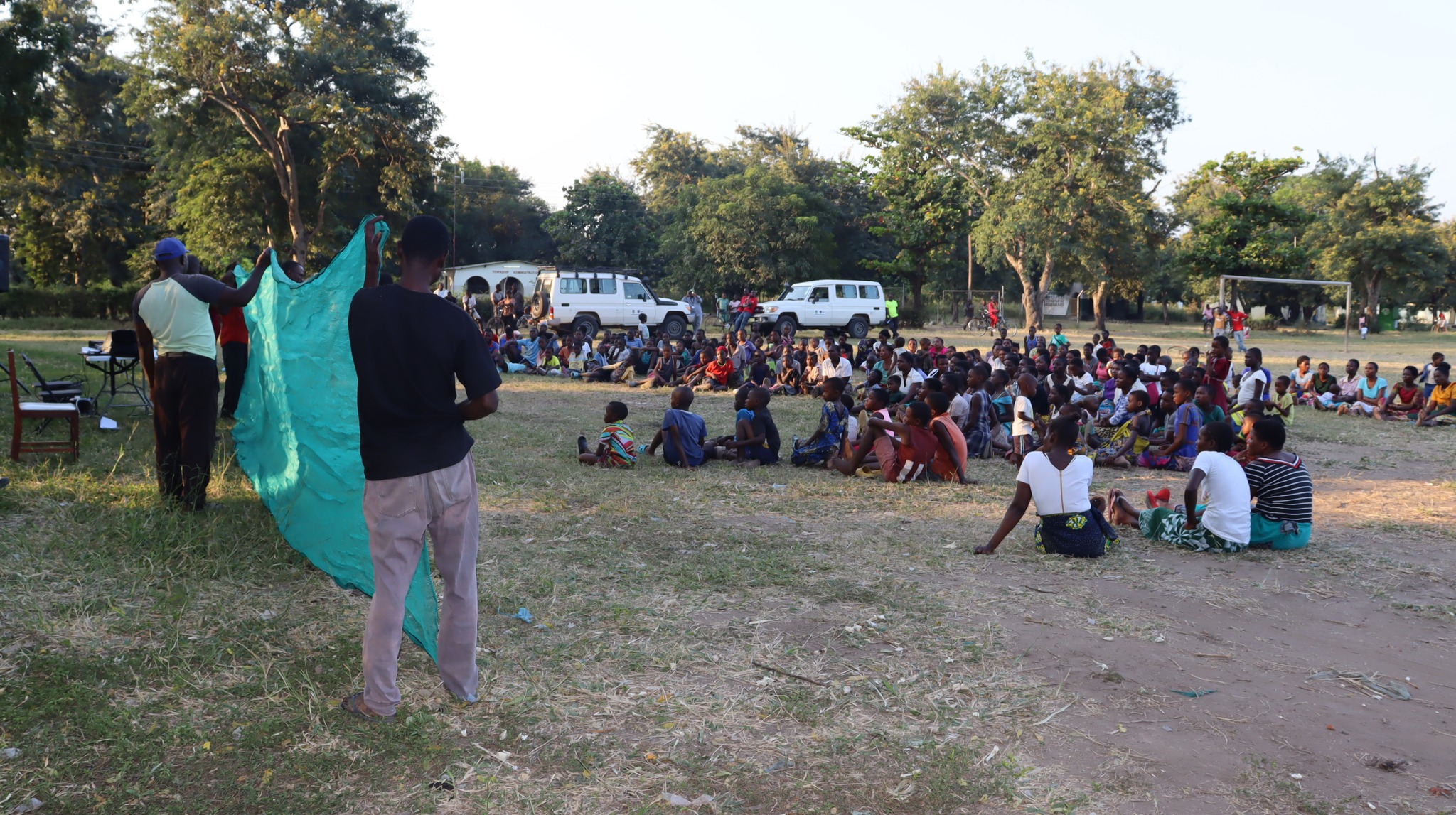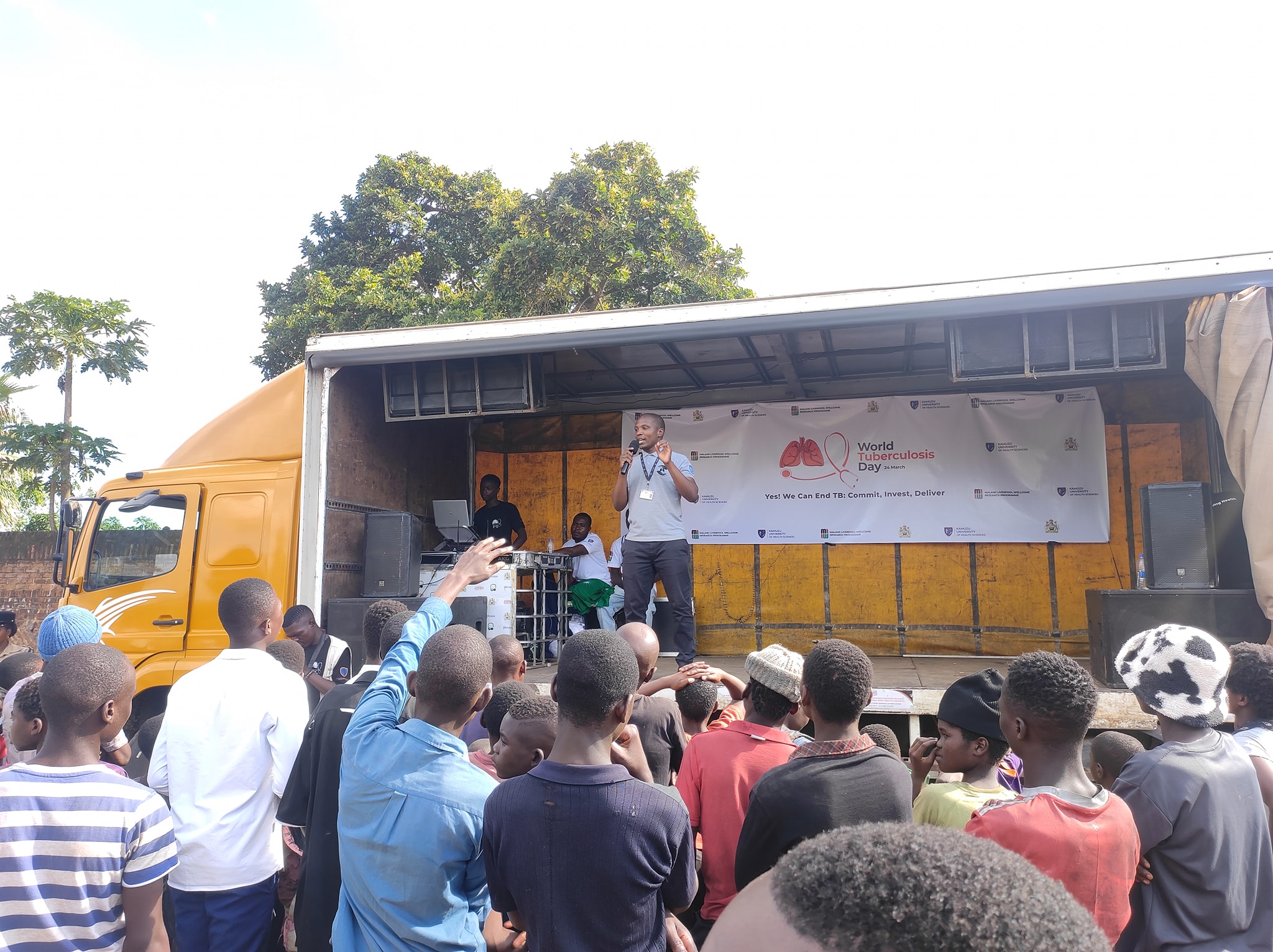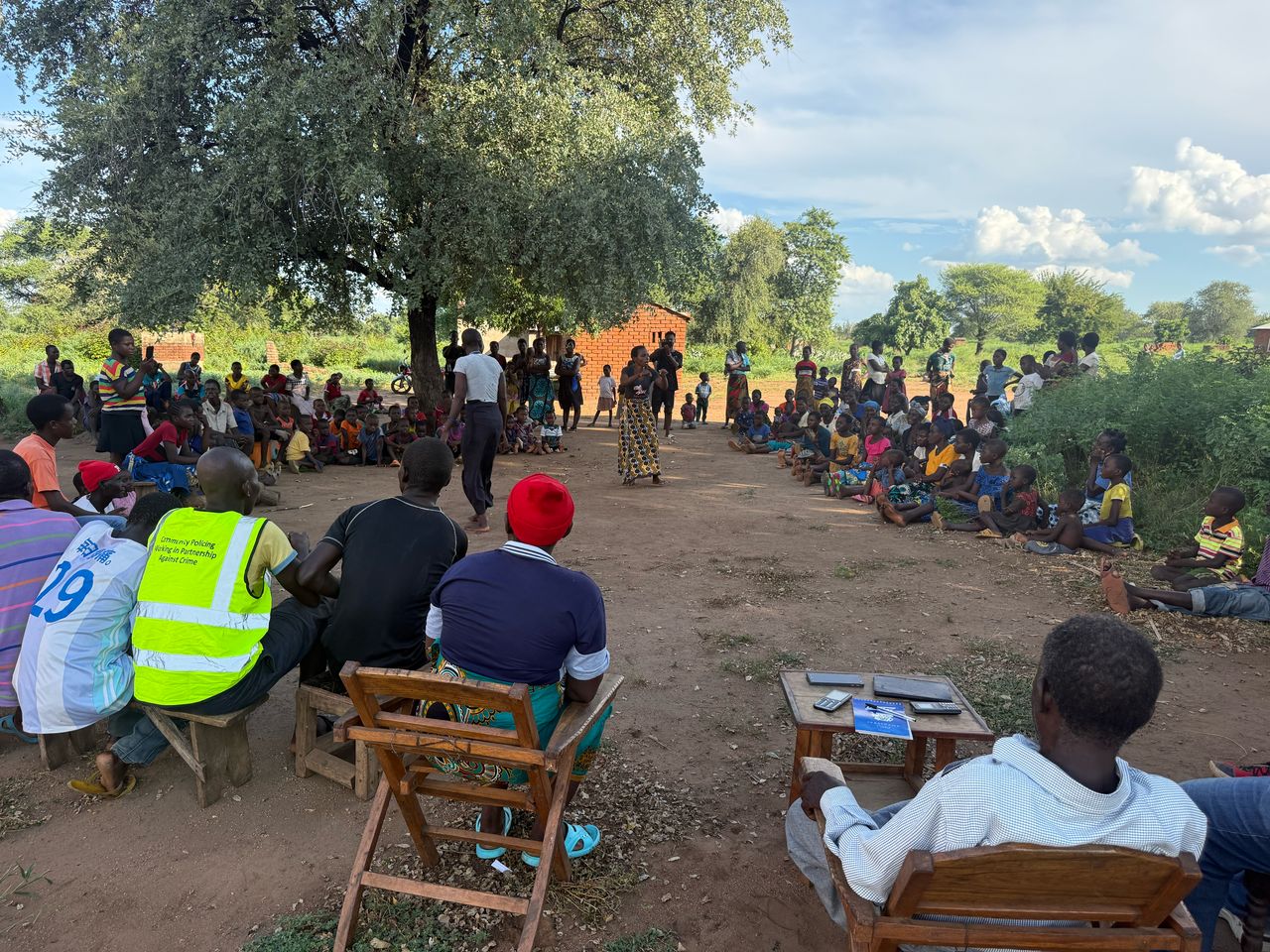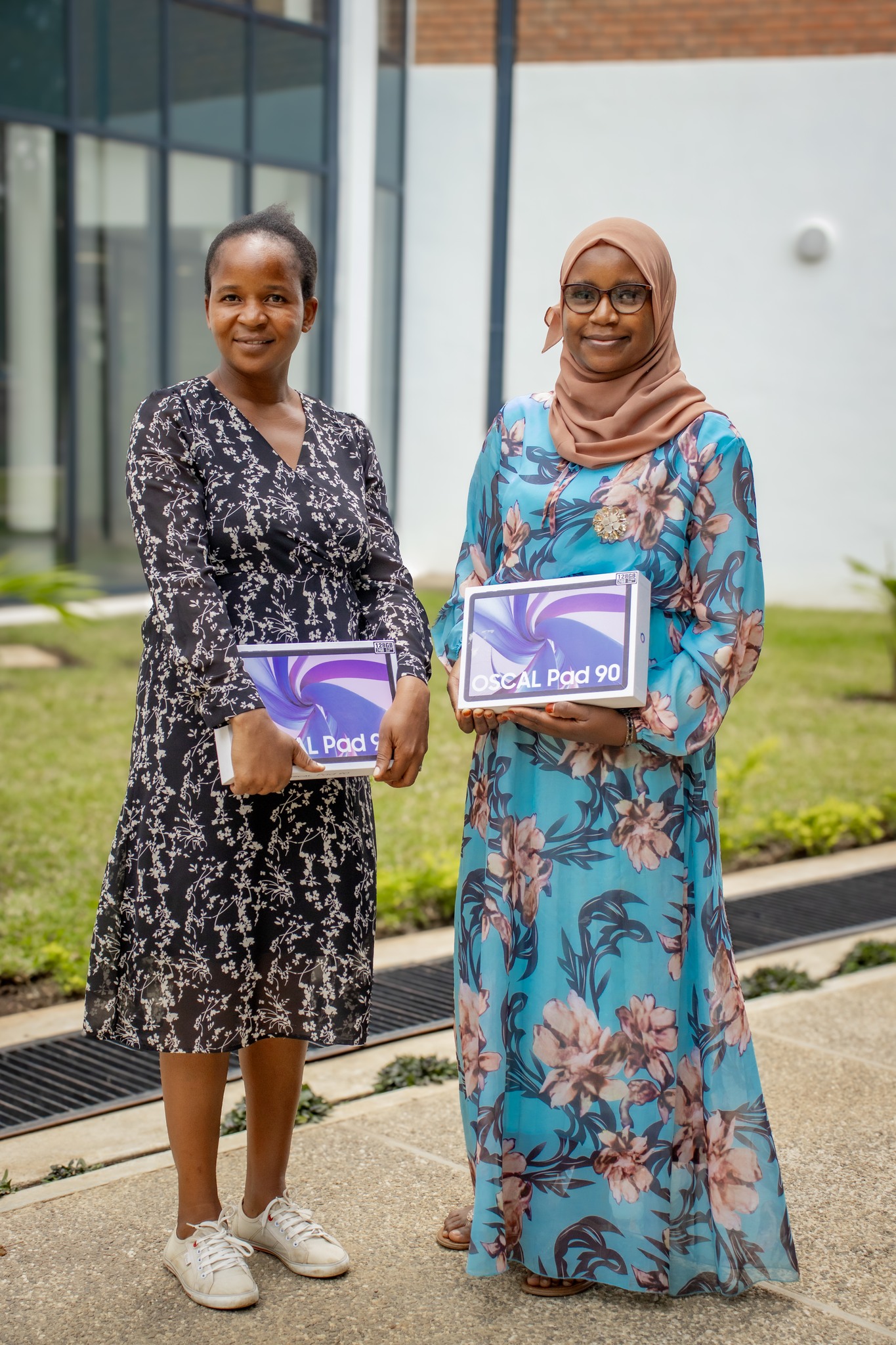A sensitisation meeting which took place on 17 May 2023 in Lengwe, Chikwawa, served as a platform to foster collaboration and exchange knowledge about a new study ‘Attractive Toxic Sugar Baits’ (ATSB) by MLW’s biologist from the Vector Biology Group Kennedy Zembere.
The study will investigate the sugar feeding behavior of mosquitoes in Chikwawa where sugar plants such as sugarcanes are mostly grown. The study will kick off this May and wrap up this coming July.
“Mosquitoes primarily rely on only plant sugars for food and only require blood when they are ready for egg production (having in mind that male mosquitos do not feed on blood). Knowledge on mosquito sugar feeding behavior is limited in Malawi but is crucial for guiding the planning and implementation of future studies for mosquito control,” said Zembere.
The community sensitisation meeting which was attended by three housing clerks and over 300 community members, unveiled three tools known barrier screen, prokopack aspirator and mouth aspirator which will be used for collecting mosquitos in the study. The mosquitos will be collected on weekdays from 6 pm.
“After collecting the mosquitos, we will be sorting them to identify their sex and species. We will then focus on anopheles’ mosquitoes to check whether they fed on blood or sugar. Then we will analyse the type of sugars they feed on. The samples will be collected in water sources and vegetation.
The Housing Clerk for Lengwe Mr Namandi said the event brought together healthcare professionals, community leaders, and residents, fostering an environment of collaboration and shared responsibility which will lead to smooth floor of the study in turn bringing out accurate results from the study.
“Apart from sharing study objectives and methodology, the biologists delivered informative presentations, highlighting the importance of early diagnosis, prompt treatment, and preventive measures such as mosquito net usage and outdoor hygiene, a session which provided relevant information and empowered the community members to make health-conscious decisions,” said Mr Namandi.



